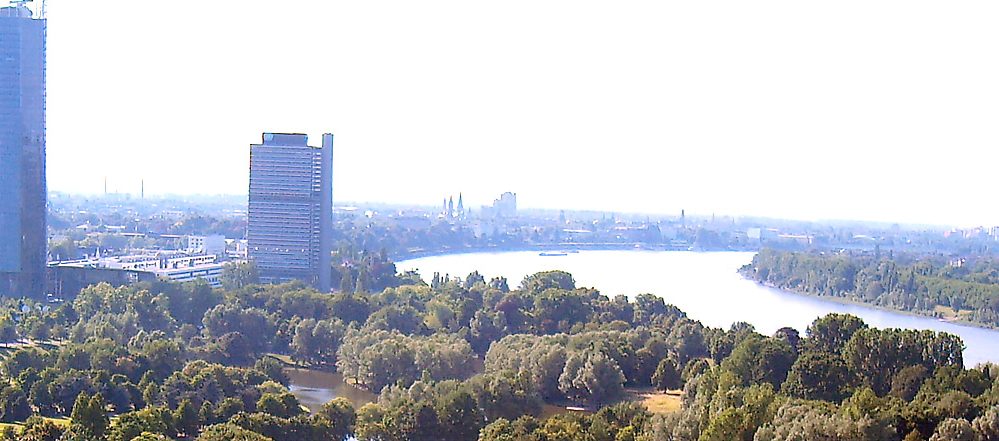On 11 December, during the COP28 session “Digitalization and human needs: How science can foster transformation at the local scale?” held at the UN Global Innovation Hub Pavilion, ICLEI launched its Digitalization Policy Brief. This resource aims to guide sub-national governments in seamlessly integrating digitalization into their processes, fostering holistic and sustainable benefits for both people and the planet.
This comprehensive policy brief goes beyond conventional guidelines; it serves as a roadmap for local governance modernization, enhancing efficiency, inclusivity, and responsiveness in our evolving digital era. The initiative stems from ICLEI’s commitment to demystify digitalization and empower local governments for a just transformation through radical collaboration with diverse stakeholders.
However, challenges persist, especially for Global South cities, grappling with skill gaps, technology deficits, socio-economic barriers, and governance issues. The Digitalization Policy Brief acknowledges these hurdles and emphasizes a multilevel governance approach. This involves strategic planning aligned with regional and national policies, stakeholder engagement, and capacity building.
To drive successful digital transformation, the Policy Brief reviews game-changing technologies such as the Internet of Things (IoT), Artificial Intelligence (AI), and Blockchain. It outlines steps in implementation and resource allocation and offers real-case city examples.
Examples of key recommendations are the Digital Transformation Task Forces, critical for ensuring a comprehensive and continuous approach to digitalization spanning different administrative periods; the Digital Literacy Programs, crucial for equipping government employees and citizens with the necessary skills to use and benefit from digital technologies effectively; and the Digital Inclusion Policies to bridge the digital divide, ensuring access for all, especially marginalized groups.
This policy brief builds upon the discussions from the Climate Academy 2022, which aspired to address the challenges associated with climate change through a series of dedicated events jointly organized by the United Nations University Institute for Environment and Human Security (UNU-EHS) and Munich Re Foundation (MRF) in collaboration with the UN Climate Change Secretariat (UNFCCC), with ICLEI World Secretariat (ICLEI – Local Governments for Sustainability) as a special partner and the digitalization track lead.
Download the PDF Digitalization Policy Brief here.





